Power and Influence of Food, Supplements, Dietary patterns.
Hello my dear Steemians!
Nick is here ✊
So since food is one of the main resources of almost EVERYTHING to us i decided to write down a really big post about the power of food, dietary patterns and its differences ,supplements ,dietary diversity so basically a lot of cool stuff we gonna be covering here :)
INTRODUCTION
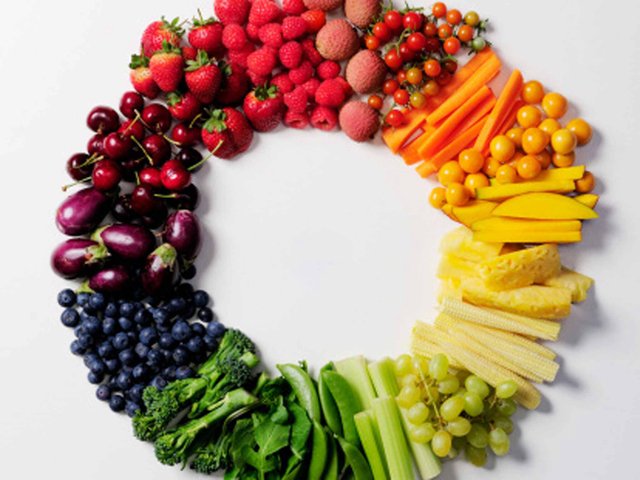
The food we eat has an overreaching effect on our health and well-being, whether we are conscious of it or not. Becoming more aware of your diet and the healing properties of food will help you to make necessary adjustments to meet the needs of your body- and it will do an enormous amount to maintain and improve your health
Quote
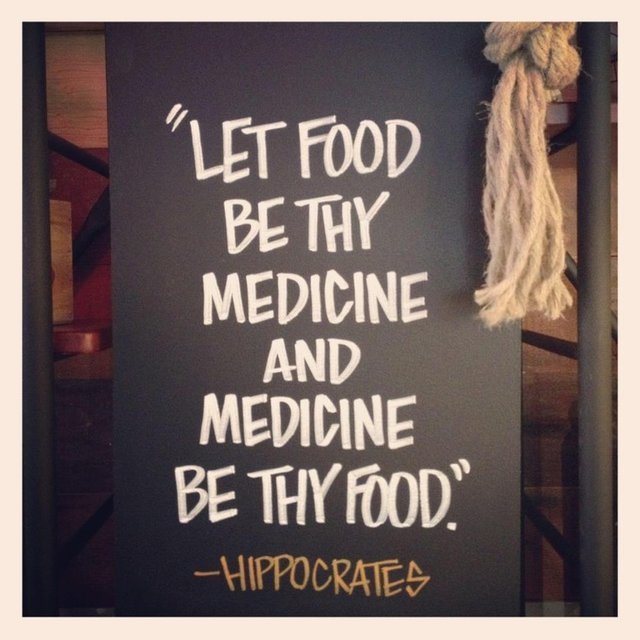
The protective power of food

Nutritional science has shed much light on the importance of "whole food" : we now understand that nutrients in our food work synergistically to promote health-and that processed food, denuded of many of its intrinsic nutrients, can promote disease. We also know of 50 or so essential vitamins, amino acids, minerals, and essential fatty acids that we need to get on a regular basis from our diet, and more than 1,200 phytonutrients found in fruits, vegetables, beans, grains, and etc.
A rainbow of phytonutrients

Phytonutrients are the bioactive compounds in plants ("phyto" means plant) that supply their color and flavor.Although not essential to life in the way that vitamins and minerals are, they support health in a variety of ways.
Antioxidants, for example, protect the body from free radicals, the unstable molecules that are produced through metabolism of and exposure to pollution, and which cause disease by damaging vital tissues and organs.
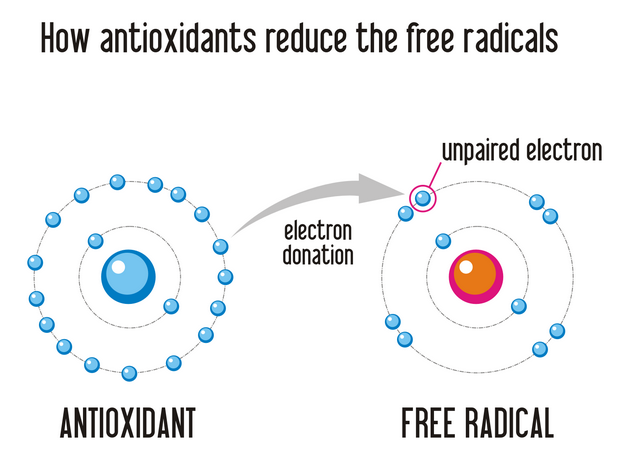
Carotenoids
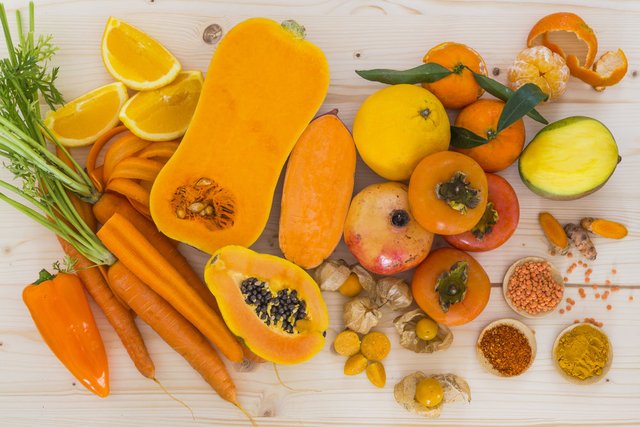
Yellow and orange vegetables and fruit, such as carrots, butternut squash, yellow and orange bell peppers, pumpkin, corn and sweet potatoes, are rich in pigments called carotenoids. Your body converts carotenoids to vitamin A, a nutrient that benefits your vision, skin, bones, heart and immune system. An adequate vitamin A intake may also lower your risk of cancer, according to the ACS. A cup of sliced cantaloupe provides 271 micrograms of vitamin A, about 41 percent of your recommended daily intake for vitamin A.
Lycopene and Anthocyanins
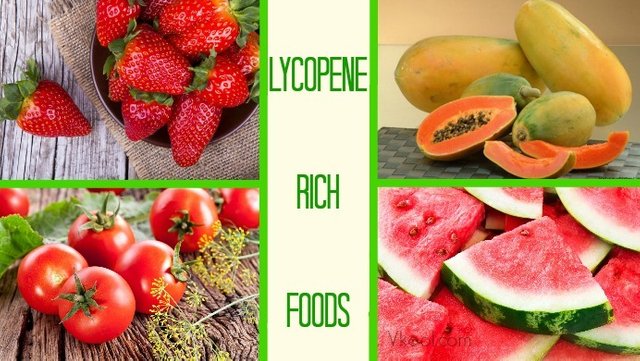
Many plant foods with natural red pigments contain lycopene, an antioxidant phytonutrient that may help protect against prostate cancer, according to MayoClinic.com. Red vegetables also contain flavonoids called anthocyanins, which have antioxidant properties that may help boost immunity and reduce your risk of disease, according to Kansas State University food chemistry professor J. Scott Smith. These foods, including beets, red peppers, radishes, red onions, rhubarb and tomatoes, may also benefit your memory and protect urinary tract health.
Phenolic Flavanoids
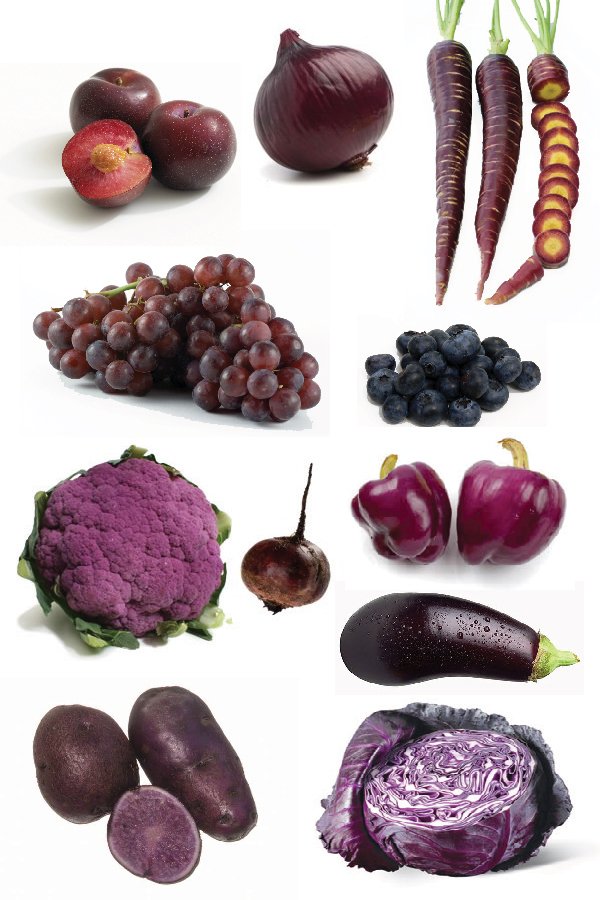
Phenolic flavanoids and ellagic acid are anti-inflammatory compounds that may reduce your risk of cardiovascular disease, prevent some types of cancer and benefit cognitive function. These compounds have antioxidant properties as well and are found in blue and purple vegetables such as eggplant, purple cabbage, purple peppers, purple potatoes and purple onions contain, according to the authors of a study published in the journal "Food Chemistry" in 2012. These researchers report that the antioxidant power in food is highly correlated with its total phenolic and ellagic acid content.
Lutein and Zeaxanthin
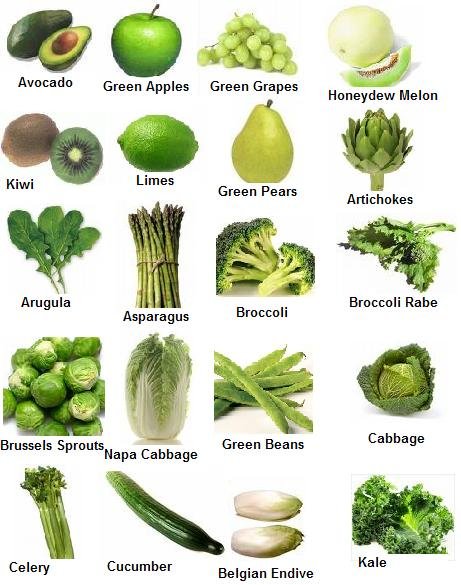
Brightly colored green vegetables are often rich in lutein and zeaxanthin, antioxidant nutrients deposited in the retinas of your eyes. Getting an adequate amount of lutein may help prevent macular degeneration, the most common cause of vision loss in the United States. A cup of cooked kale provides nearly 24 milligrams of lutein, more than doubling the American Optometric Association's recommendation to get 10 milligrams per day. Collard greens, asparagus, broccoli, Brussels sprouts, celery, peas, spinach and zucchini are also rich in lutein.
Different dietary patterns
While we would not advocate a rigid approach to a particular diet, there are things that can be gained and adopted from traditional diets. Humans are very adaptable and it is interesting to see the ways in which different cultures have adjusted their diet to remain healthy in widely different environments.
Traditional diets
- Inuit

The Inuit people of the Arctic have traditionally had very little access to cereals or fresh fruit and vegetables, but the manner in which they hunt and eat their mostly fish- and meat-based diet meets their nutritional needs.
For example, vitamins and minerals that are derived from plant sources in other areas of the world are also present in the oils and livers of coldwater fishes and mammals, for instance, while vitamin C is obtained through sources such as caribou liver,kelp, whale skin, and seal offal. Even tho its sounds super bad for vegans u've gotta understand that's the only source of nutrients in such a cold area.
Because these food are typically eaten raw or frozen, the vitamin C they contain-which would be destroyed by cooking- is instead preserved.
- Japanese

Traditional Japanese cuisine is rich in fat-soluble vitamins from seafood and organ meats and minerals from fish broth, and contains plenty of beneficial lactofermented foods, such as tempeh and miso. Although portions tend to be relatively small, they are both filling and very nutrient-dense. In fact, Japanese people who follow this traditional diet tend to be some of healthiest, least obese, and longest-lived people in the world.
- Mediterranean
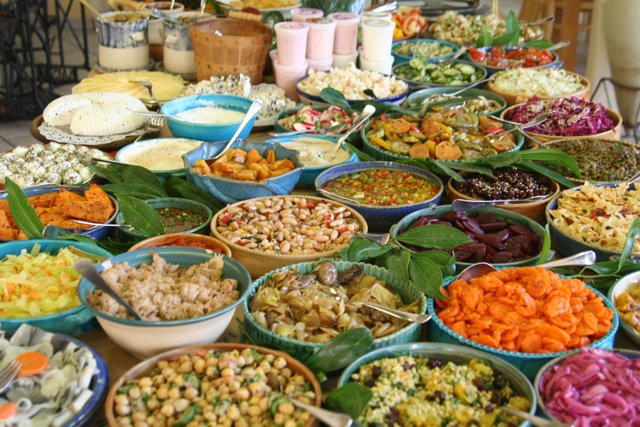
Another traditional diet that has received publicity in recent years is the Mediterranean diet. This diet is based mainly on fresh vegetables and fruit with some whole grains, healthier oils like olive oil and those from fresh fish, red wine, and smaller quantities of meat. Studies throughout the world have shown that following a strict Mediterranean diet offers substantial protection against heart disease, cancer, and Parkinson's and Alzheimer's diseases. The biggest study into this diet has shown that it can reduce the number of death from this diseases; it also found that people who follow this diet show significant improvements in health, and are nine percent less likely to die young.
- Ancestral/Paleolithic
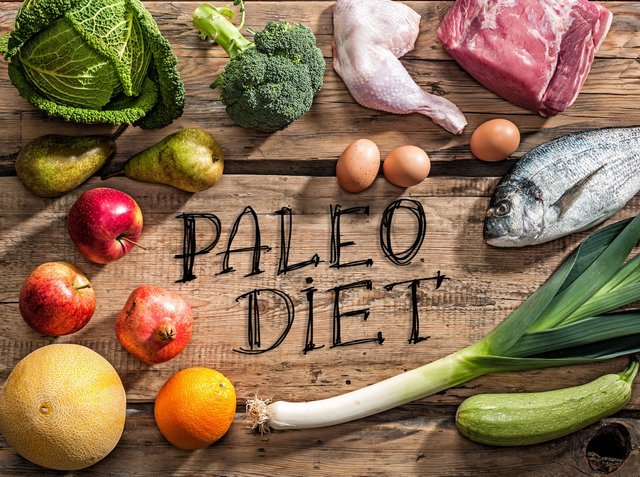
Also referred to as the caveman or hunter-gatherer diet, this modern nutritional plan is based on an ancient diet of wild plants and meat that early humans were likely to have habitually eaten during the Paleolithic era- a period of about 2.5 million years that ended around 10,000 years ago with the development of agriculture. Early humans were foragers who would have grazed opportunistically on seasonally available plants and not made the, often arbitrary, distinctions we do between weeds and crops and medicinal and culinary herbs. Although the hunter-gatherer diet compromises commonly available modern foods
mainly fish,grass-fed, pasture-raised meats, vegetables, fruit, fungi, roots, and nuts-it largely excludes dried beans, dairy products, grains, salt, refined sugar, and processed oils, which define the Western diet(overleaf) Studies of the Paleolithic diet in humans have shown improved health and fewer incidences of diseases, such as diabetes, cancer, obesity, dementia, and heart disease.
What many of these diets have in common is that they are plant-based, with meat reserved for feast days and occasional treats. They include plenty of oily fish so are rich in the omega-3 fatty acid DHA. Their overall balance of essential fatty acids is healthier (i.e. higher in omega 3 than 6, unlike modern diets), and they are high in antioxidants. People who follow these diets rely on seasonal fresh food produced without industrial chemicals, which means they eat a wide variety of nutrient-dense foods necessary for optimal heath throughout the year. They tend to eat sensible portions and rarely "snack" between meals.
- Western Diet

By contrast, the modern Western diet, also called the Western pattern diet, is characterized by high intakes of red meat, sugar and artificial sweetener, high-fat foods, salt and refined grains.It also typically contains hydrogenated and transfats, high-sugar drinks, and higher intakes of processed meat. This diet, based on studies of western populations, is associated with and elevated incidence of obesity, death from heart disease, cancer (especially colon cancer), and other western-pattern diet-related diseases. The high consumption of grains- as breakfast cereals, breads, cakes, cookies, pasta, and so on- means that grain has become a significant source of carbohydrate-energy, minerals, and, in the case of whole grains, of fiber and B vitamins. However, it is now thought that this reliance on cereals may come at a high cost to our health. Modern strains of high-gluten cereals, combined with an over-reliance on wheat-based products and an industrial approach to the processing of grain-based foods, can place a strain on our digestive systems and nutrient balance. For example, an increasing number of people have developed gluten intolerance, or gluten sensitivity, which can vary from celiac disease to felling bloated if they eat too many cereal-based foods in a day. Cereals contain what have been termed "antinutrients," which may prevent the digestive system from absorbing several essential nutrients. The most researched antinutrients are the phytates found in the bran or outer hull of most grains, and which is part of a seed's system of preservation- it prevents the seed from sprouting until conditions are right. The phytate known as phytic acid can block absorption of essential minerals such as calcium, magnesium, copper, iron, and especially zinc, in the gut. This may be why a diet high in improperly prepared whole grains may lead to serious mineral deficiencies and bone loss, and why consuming large amounts of unprocessed bran often initially improves bowel regularity, but may lead to irritable bowel syndrome and, int the long term, other adverse effects.
So although cereals can be a useful part of a diet, they do require careful preparation because of their antinutrient properties.
Many cultures throughout the world have developed ways of preparing types of grain fro human consumption. Soaking, sprouting, and souring are very common aids for grain preparation, and ensure the neutralization of phytates, enzyme-inhibitors, and other antinutrients with which seeds are naturally endowed. Some traditional preparation methods involve complex, comparatively labor-intensive steps that produce what are now considered unusual foods from common grains,but which were once part of common dietary practices.
The Traditional sourdough method of preparing rye bread, for example, once widespread throughout eastern Europe, helps to make rye flour far more digestible.
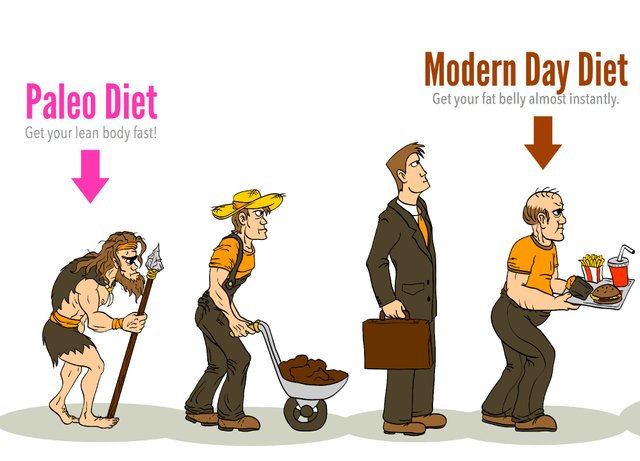
Modern diets in general also tend to include a larger number of dried beans, and, more recently, soy derivatives. Although including beans in your diet can be useful source of fiber and protein, these foods also contain phytates. The phytate in soybeans, for example, means they are low in calcium and one reason why they are less healthy than you might thi8n, though fermenting helps to make soy a more nutritious food. It is interesting to note that the traditional Japanese diet includes a lot of soy, but it is usually fermented in the form of tempeh or miso. In addition, Japanese preparation techniques eliminate most of the antinutrients in other dried beans and in grains. Soymilk is not fermented and so an be a cause of digestive problems and calcium depletion, as well as being a fairly potent phytoestrogen-potentially useful for reducing hot flashes in menopausal women, but not so suitable for children or everyone else.
Variety is the spice of life
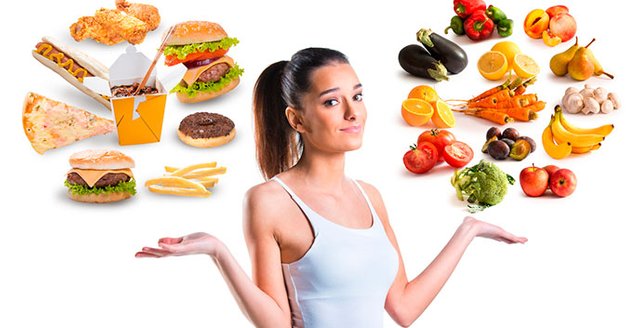
The good news is that if you currently eat a modern Western diet, you can easily adapt your eating habits to dramatically improve your health. Including a variety of nutrient-rich,high-energy foods, such as vegetables and fruit, in your diet both helps with weight control and can have a positive effect on your health. Eating a varied diet ensures we get a steady supply of highly bioavailable nutrients that help reduce the likelihood of conditions such as Alzheimer's disease, dementia, anxiety, depression, arthritis, some types of cancer (including breast and bowel cancer), and heart and circulatory disease.
Dietary diversity
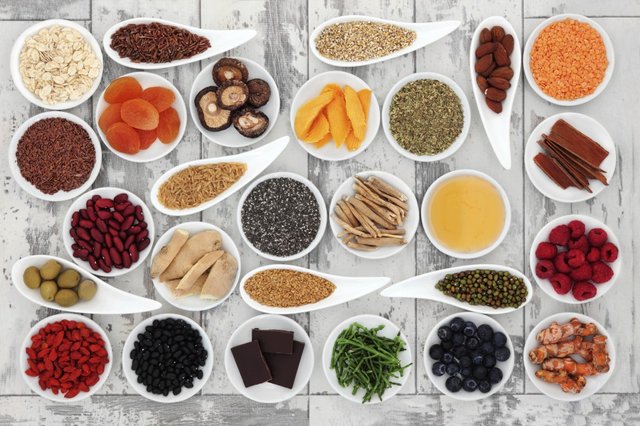
No single food or food group can supply all the nutrients we need, which is why a diverse diet is so important.
Research consistently shows that dietary diversity protects against the onset of type 2 diabetes, for example, by balancing out blood sugar levels and protecting against blood vessel damage. A varied, seasonal diet rich in plant foods can also lower your total risk of cancer and has been shown to protect against some very specific cancers of the digestive tract. To improve the balance variety of your diet, choose foods like multigrain breads and granola that have variety "built in" and eat side dishes and condiments, such as fruit and vegetable salads, sprouted seeds, fresh salsas, pickles, and chutneys. Stir-fries, casseroles, and soups with many ingredients are another easy way to increase diversity in your diet. Or, when grocery shopping, reguarly buy a fruit or vegetable that is not familiar to you to prepare and eat. Following a varied diet also tends to be more satisfying and so reduces your sugar, salt, and saturated fat consumption-all risk factors for heart disease.
Including more spices and herbs in your food can also boost its flavor and nutritional density: adding a handful of chopped fresh herbs to lettuce in a salad, for example, can add up to 75% extra antioxidants to the food.
Supplements

A balanced diet is where health begins, but there are times when your diet may not provide all the nutrients you need. A western diet and lifestyle can also leave us vulnerable to nutritional deficiencies including iron, calcium, magnesium, folic acid, vitamins B6, B12, C, and D. Most governments produce scientifically developed recommended dietary allowances (RDAs) to cover broadly healthy people of any age or gender. These are the basis for the Reference Daily Intake (RDI) values, which regulators use to create Daily Value (DV) packaging labels. RDAs are based on the lowest levels of nutrients required to prevent deficiency diseases, such as scurvy and rickets, reflect the higher levels requires for optimum health. This is why supplement nutrient levels are often much higher than RDA levels.

Who will benefit most from supplements
Even in healthy people, multivitamins and other supplements may help to prevent vitamin and mineral deficiencies. They also provide more nutrients than diet can alone, so they may help to protect against, or manage, certain diseases. However, the following categories highlight those people who can most benefit from taking daily supplements:
- People who have lost weight, who may be deficient in a wide range of vitamins and minerals.
- Vegetarians, who are more likely to be deficient in vitamin B12,iron,vitamin D, zinc, iodine, riboflavin, calcium, and selenium.
- Vegans, who are even more likely than vegetarians to be low in protein, selenium, and B12.
- People living a typical "student lifestyle" and anyone not eating a balanced diet is likely to benefit from a multivitamin supplement.
- Elderly people living in their own homes, who are often deficient in vitamin D, vitamin A, vitamin E, calcium, and zinc, and occasionally vitamins B, B12
- Smokers, who are most likely to be deficient in vitamin C and zinc.
- Premenopausal women, who have often been found to consume low amounts of calcium, iron, vitamin A, and vitamin C
- Pregnant women are often advised to take a folic acid supplement, and studies have shown that taking a multivitamin supplement before and during pregnancy leads to a healthier pregnancy and a healthier baby.
- Anyone living in a colder climate who does not get regular sun exposure is likely to be deficient in vitamin D, which can lead to, among other problems, and increased incidence of breast cancer, bowel cancer, depression, osteoporosis, Parkinson's and heart disease.
- Anyone who is under stress is likely to benefit from taking additional B vitamins.
- Many men and women experiencing problems with low fertility are deficient in zinc.
Are supplements safe?
Generally speaking, taking nutritional supplements from reputable companies is extremely safe, but this doesn't mean all supplements are appropriate for everyone. It is worth doing some research to find out about the potential benefits and risks of taking a supplement. There are many sources of information available to help you become well informed. If you are suffering from a specific disease, it is advisable to talk to a knowledgeable healthcare professional before taking a supplement.
If you are pregnant or breastfeeding, only take those supplements specifically recommended for you to take during this time.
While many vitamins, minerals, and herbs are known to safely prevent or treat a variety of diseases, they work by altering your body chemistry-just like any medicine. So before you take a supplement, make sure you know about how it might interact with any medication you may be already taking.
BONUS INSIDE FROM ME
My personal best source OF EVERYTHING WHAT OUR BODY NEEDS!

Here are 4 Main Reasons I Drink Green SuperFood Powder Every Day and Why You Should Do So As well!
MIGHTY POWDER!!!!

4 Greens On The Go!
- Making Salads, Green Vegetable/Fruit Smoothies or Juices Is Time Consuming
- You Need To Buy Veggies/Fruits You Need to Wash/Cut/Blend/Juice
- You need to Wash The Veggies, wash the plates Blenders Juicers Etc.
- With Green SuperFood You Will Get all the Veggies In 1 Scoop
- And I PROMISE You it Tastes Great!
- Just Check Out How Many Veggies and Fruits They Add to the Powder
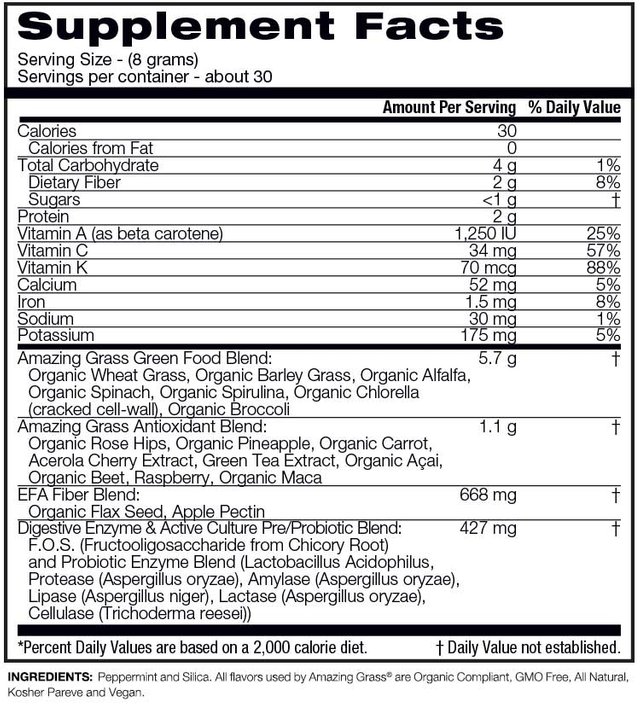
Do Nutrients Keep Their Potency After Beeing Turned into Powder?
- Research Behind Green SuperFood Powders Prove that More than 85% Of Nutrients are Kept In Powder Form
- These Nutrients are Laying dormant until You Add Water To the Powder
- When Water is Added all the Nutrients Activate and You Drink this Awesomeness!

Energy Boost!
- This Drink Is Proven many Times to Naturally Boost Your Energy
- Coffee Makes Your Brain Release The Energy Stored in Your body
- Green Powder Gives Your Body The Energy Of The Sun Stored i Veggies Through a Process Called "Photosynthesis"
- You Feel The Boost Of Instant Energy as You are Drinking Your Cup of Green Powder + Water

Affordable And Long-Lasting
- 1 Bottle Will Last You For a Month
- It Costs around $30
- You will receive All Minerals, Micro-nutrients, and Vitamins Your Body Needs DAILY.
MAJOR Health Benefits
- Anti-Oxidants
- Anti-Inflammatory
- Anti-Cancer
- Alkalizing
- Healthier Bones
- Healthier Eye-Sight
- Healthier Joints!
- Better Oxygen Transportation within the Body
- Muscle Recovery
- And Much More
Final thoughts on Green SuperFood
- Absolutely everyone Should have Green Superfood Powder in Their Daily Diet!
- If You want to Be healthy, Vibrant, Have the Energy without Caffeine, You should invest into Green Superfoods.
- I do not Make any Commissions from any Green Powder Companies
- I have been Drinking Superfoods for over a Year and I will never Stop! :)
- It Costs less than $1 For 1 Scoop( 1 Serving of Nutrients)
- I hope this Helps You To make Healthier decisions and Live a better, Healthier Lifes!!
- Give Your Body all the Nutrients with $1 Investment!
- Please Upvote/Resteem Let's Spread a Healthy Message!
THANKS FOR STOPPING BY AND READING THIS! I TRULY APPRECIATE YOUR UPVOTES AND COMMENTS!
main source : "Healing foods" book publish by DK
antioxidants
photo 1 2 3GIF 4GIF 5 6 7 8 9 10GIF 11 12 13 14 15 16 17 18 19 20GIF 21 22 23

wow! u've spent decent amount of time on this post im pretty sure :)
well i enjoyed the reading this informational BOOM and im about to order Green SuperFood right now :)
thanks
thank you so much!
give it a try and be consistent !after couple of month you gonna notice tremendous changes within you body :)
Upvoted, Resteemed, and Followed! Thank you for this very important contribution my friend. I'll be looking back to it from time to time to make sure I'm getting the correct and sufficient nutrients that my body needs :D
I think if you eat the basic staples of meat, vegetables, nuts, and fruits you don't need supplements. The reason supplements are used by a lot of people is because they have crap diet. A lot of supplements too are not actually absorbed by the body.
Finally an article about healthy eating that doesnt claim that the only way to be healthy is to eat organic and non gmo foods.
I cant stand most posts about health and nutrition i see on here, but this was well done
Nice write up. That western diet isn't looking too good. Stay away from sugar and processed foods. Stick to real whole foods and eat as many natural colors as possible.
Wow! Good Effort! I enjoyed reading this and Thank you for sharing your knowledge...
You are amazing! So much work!!! Thank you for this beautiful piece of art.
There are so many people on the Internet who have decided to switch to proper nutrition, I am shocked.
I'm a single mother and I have so much money to eat right. Everything is so expensive now. And if you get sick, you will have to pay several salaries for doctors, medicines and medical examinations. Therefore, I advise everyone to read Beverly Hills MD reviews to understand how to save money on all this. Because the products of this company allow you to strengthen the immune system and forget about the disease.